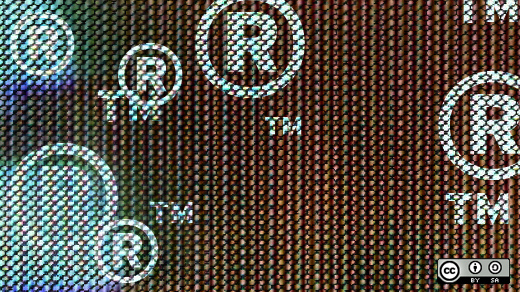
Technical Examination Officers ( “TEO“) are officers of the court who assist judges at the Taiwan Intellectual Property Court (“IP Court“) in litigation involving complex technology.
There are currently 13 TEOs at the IP Court with expertise in fields such as electrical engineering, chemistry, and biotechnology. Most are patent examiners on secondment from the Taiwan Intellectual Property Office.
Taiwan’s Legislature authorized the appointment of TEOs when it established the IP Court in 2007. Intellectual Property Court Organization Act §15(1). Taiwan’s TEOs are modeled on the judicial researchers at the Japan’s Intellectual Property High Court and the technical examiners at the Korean Patent Court.
Acting under instructions from a judge, a TEO “makes judgments about technology, collects technical information, and analyzes and gives opinions about technology.” Organization Act §15(3). In particular, a TEO can analyze and organize the issues in party briefs to clarify the issues in dispute and refer the Court to learned treatises in the field. Intellectual Property Case Adjudication Rules §13(1)(a).
A TEO may also “participate in the litigation.” Organization Act §15. This means that on instructions from a judge, a TEO can appear in court and question parties, their counsel, and witnesses or give opinions for the court’s reference on technical issues. Intellectual Property Case Adjudication Act §4; Adjudication Rules §13(1)(c).
In more complex cases, a TEO may be ordered by the IP Court to produce intermediate and final reports on technical issues. Adjudication Rules §16. While the parties do not have access to these reports, the IP Court will disclose opinions it has received on “specialized technical information” to the parties and give an opportunity to respond before using such opinions as the basis for its judgment. Adjudication Rules §16.
As fact finders, the IP Court judges are not bound to adopt the views of the TEO and in complex cases, the IP Court will usually also appoint an neutral expert witness to evaluate the technology in dispute. Furthermore, the statements of TEOs may not be offered by the parties as evidence of facts in dispute. Adjudication Rules §18.
Between 2008 and 2012, TEOs were assigned to a total of 1,636 cases. 1,070 of those cases were civil matters, 550 were administrative and sixteen cases were criminal. TEOs provided assistance with mechanical technologies in 48% of these cases, IT in 26%, and chemistry in 8%.
Although the role of TEOs has been controversial in patent litigation and the subject of a number of Supreme Court cases, our experience has been that TEOs serve as able assistants to the judges on the IP Court.
Written April 21, 2015 By Christine Chen.
